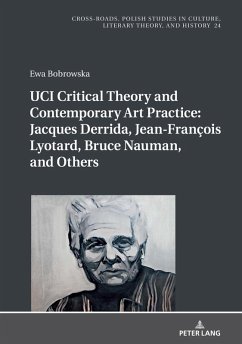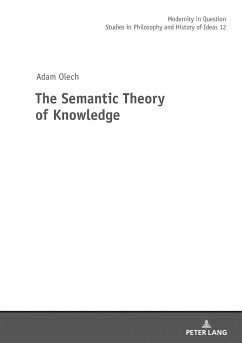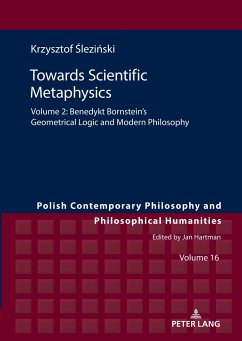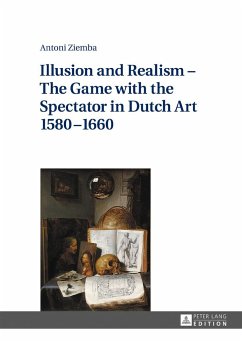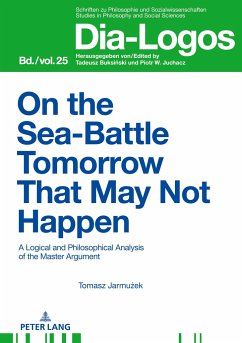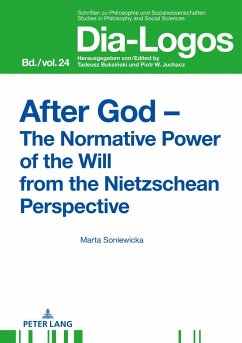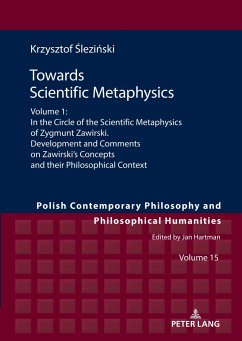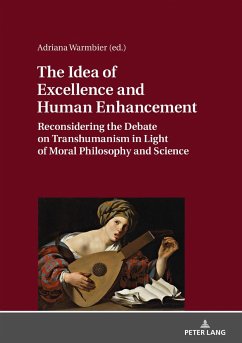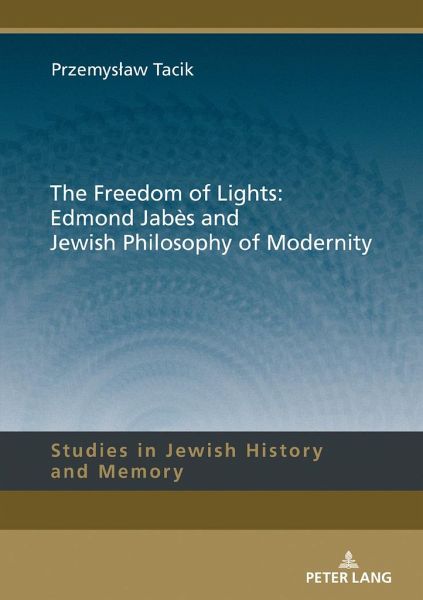
The Freedom of Lights: Edmond Jabès and Jewish Philosophy of Modernity
Versandkostenfrei!
Versandfertig in 6-10 Tagen
72,45 €
inkl. MwSt.

PAYBACK Punkte
0 °P sammeln!
Edmond Jabès was one of the most intriguing Jewish thinkers of the 20th century - a poet for the public and a Kabbalist for those who read his work more closely. This book turns his writings into a ground-breaking philosophical achievement: thinking which is manifestly indebted to the Kabbalah, but in the post-religious and post-Shoah world. Loss, exile, negativity, God's absence, writing and Jewishness are the main signposts of the negative ontology which this book offers as an interpretation of Jabès' work. On the basis of it, the book examines the nature of the miraculous encounter betwee...
Edmond Jabès was one of the most intriguing Jewish thinkers of the 20th century - a poet for the public and a Kabbalist for those who read his work more closely. This book turns his writings into a ground-breaking philosophical achievement: thinking which is manifestly indebted to the Kabbalah, but in the post-religious and post-Shoah world. Loss, exile, negativity, God's absence, writing and Jewishness are the main signposts of the negative ontology which this book offers as an interpretation of Jabès' work. On the basis of it, the book examines the nature of the miraculous encounter between Judaism and philosophy which occurred in the 20th century. Modern Jewish philosophy is a re-constructed tradition which adapts the intellectual and spiritual legacy of Judaism to answer purely modern questions.





